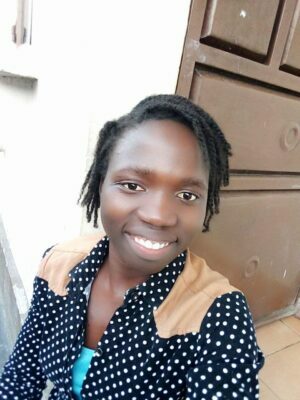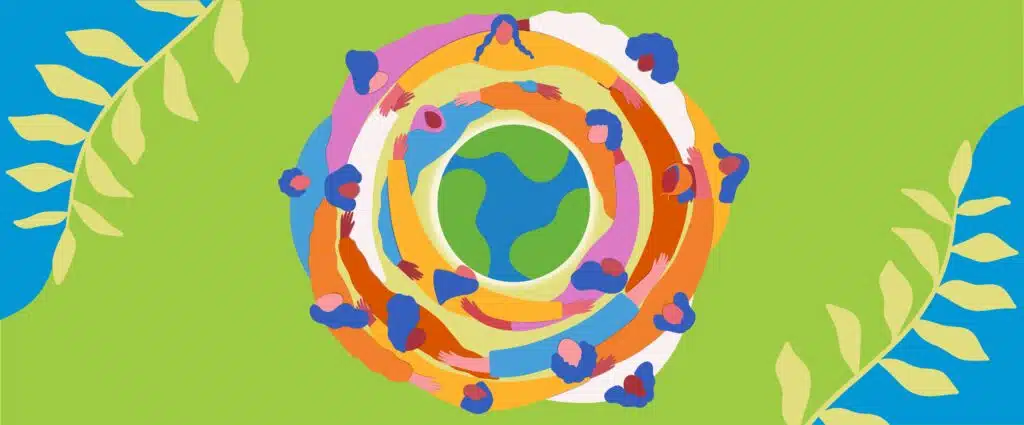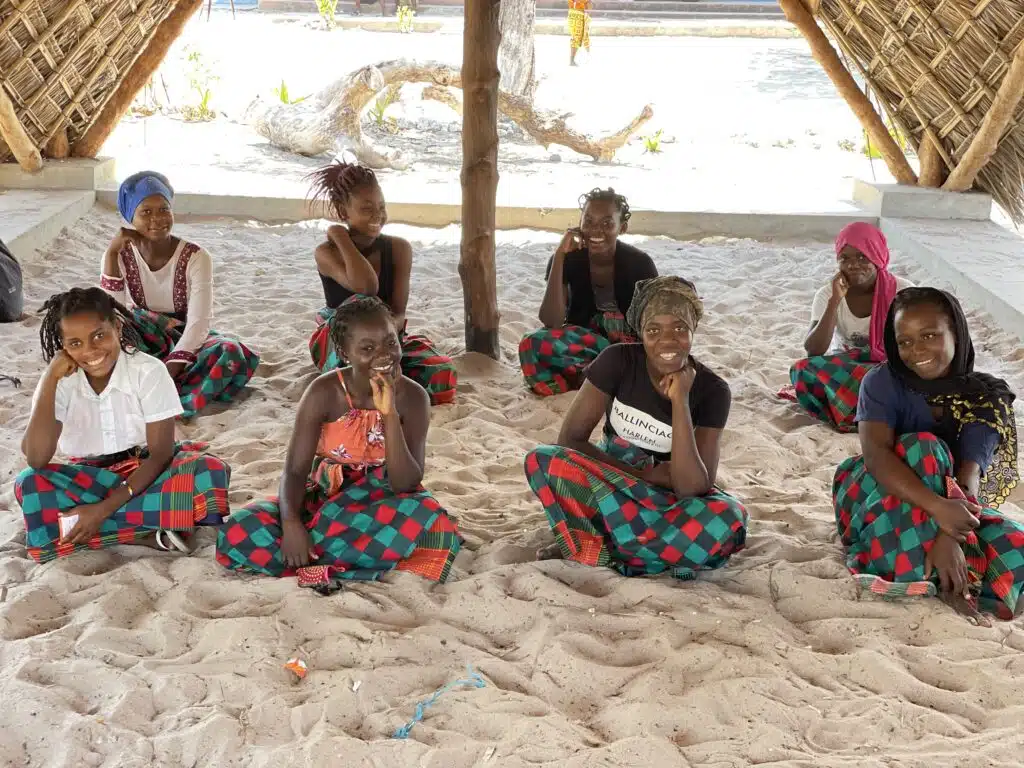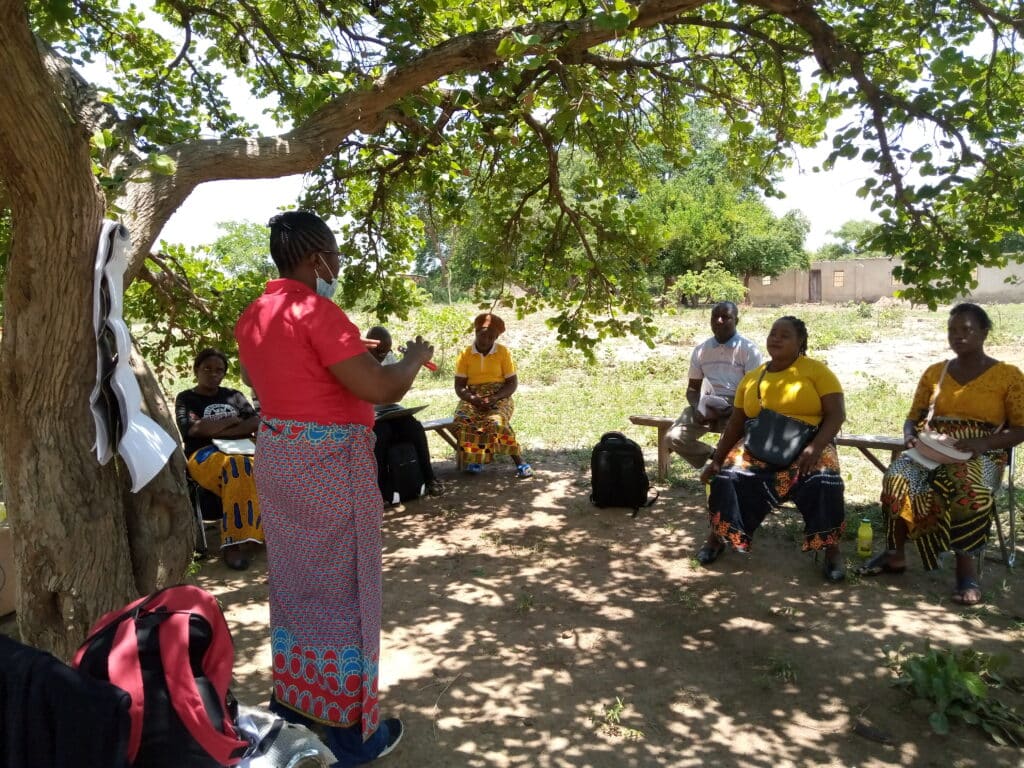Young university student, Yawa Lilly Bismarck, shares how AFRIpads menstrual products motivated her current study and career choices.
Meet Yawa Lilly Bismarck, a 26-year-old pursuing a Master of Public Health in Reproductive and Child Health in Gondar, Ethiopia. Passionate about Sexual and Reproductive Health, Lilly seizes every opportunity to educate adolescent girls in refugee settlements and her homeland, South Sudan.
However, this wasn’t always the case. Lilly’s anxieties and fear around periods were eased by the support of teachers, menstrual health trainers, reading on menstrual health, and an intervention by AFRIpads.
At the start of 2024, Lilly looks back on the challenges she has faced accessing essential menstrual health resources throughout her life. These challenges include inadequate information, societal stigma, and lack of menstrual products. This, combined with a fear of purchasing menstrual products from shop attendants and difficulties managing her periods, impeded her normal daily activities.
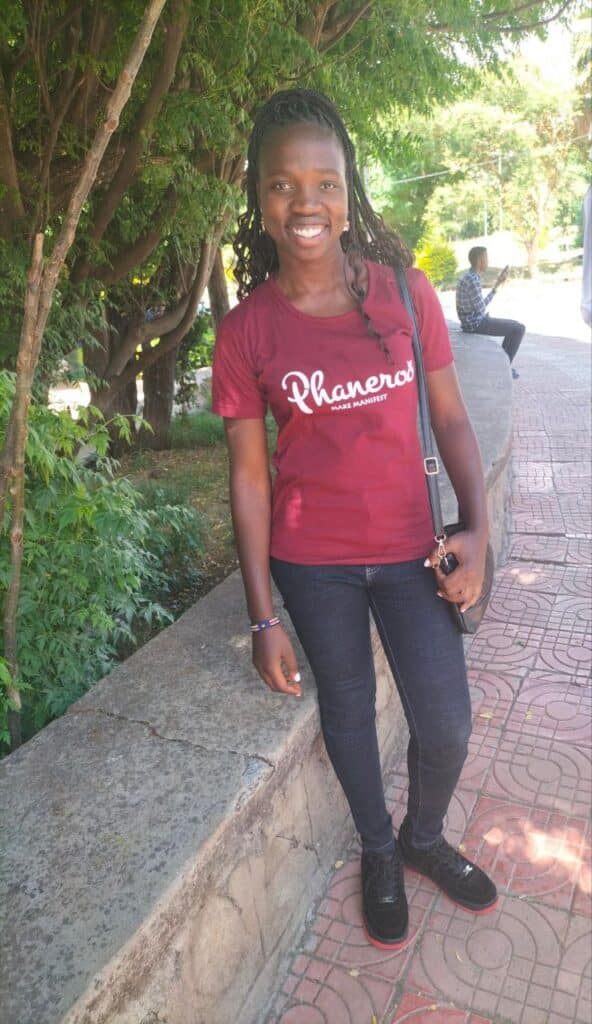
"My first period occurred in my final year of primary school. I didn't know enough to use pads correctly. Yes, I did place the pad wrongly initially, but I quickly learned the correct placement. I didn't have enough information to do anything. In the environment where I was, there were no conversations about periods, and it was shameful to talk about it."
For a long time, discussions around menstrual health have been considered taboo. Lilly recalls a specific incident where a friend’s-stained clothing caused considerable embarrassment. Growing up in an environment where talking about periods was considered shameful, Lilly remembers being instructed to keep such experiences private. To this day, she has yet to discuss her periods, even with family members like her mother.
Her turning point arrived in 2017 at the Rhino Refugee Settlement in Uganda, where she encountered AFRIpads, receiving a 4-pack of pads herself.
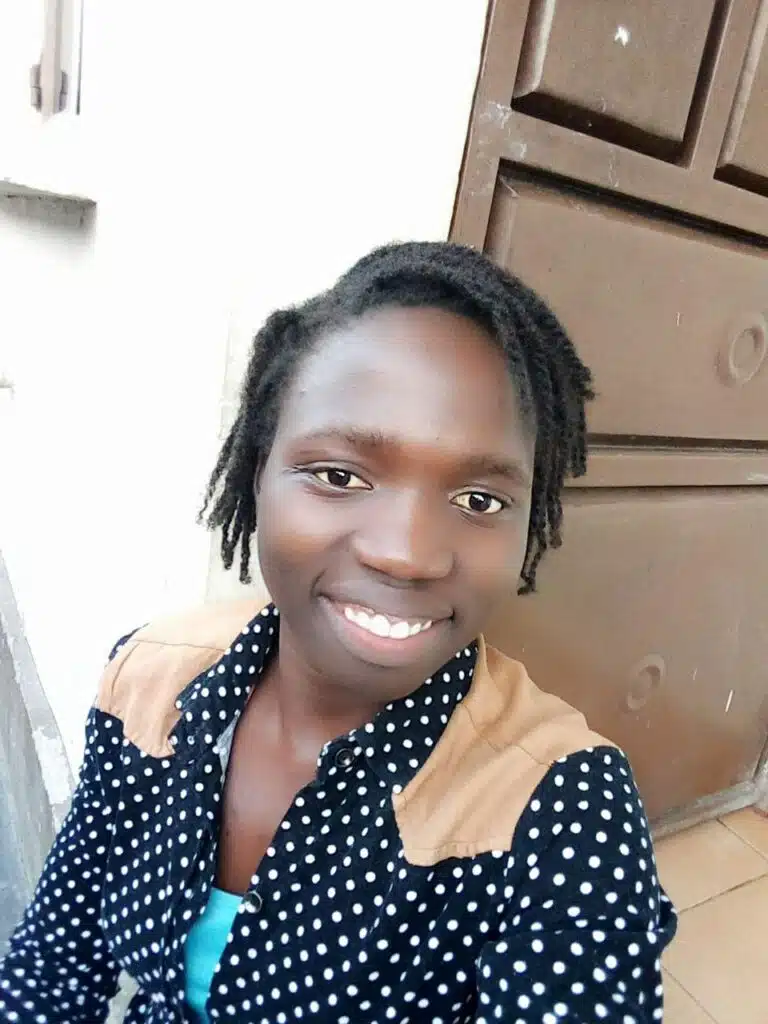
"No product can replace the reusable pad. They're comfortable and smooth, holding menstrual blood longer, and reducing the fear of staining. They also stay securely in place in underwear. Initially, I was apprehensive about the washing aspect when we were told they were reusable. However, as I started, I realised that after washing them well, there were no stains of blood that remained. Because AFRIpads are durable, my anxiety about when I was going to get pads for the next month was no more, as I was reassured that I had pads for a whole year.”
By using them, she was able to maintain school attendance and improve her self-confidence. In Uganda, Lilly became an advocate for girls. She conducted menstrual health sessions and continuously studied without missing class because of her periods at a refugee camp. As AFRIpads became Lilly’s lifeline, she introduced them to her sisters, who also benefited from them.
Due to these experiences and her own personal motivation, Lilly is now a Master of Public Health student in Ethiopia and she dreams of establishing a Menstrual Hub in her home in South Sudan, offering comprehensive sexual education. Through interactions with girls in Juba, she discovered that school girls miss school during their menstruation due to a lack of pads. She intends to research this issue to quantify the burden of school absenteeism during periods and the reasons why. She envisions a time when such education is incorporated into the South Sudan national curriculum, advocating for the well-being and meaningful participation of the girl child.
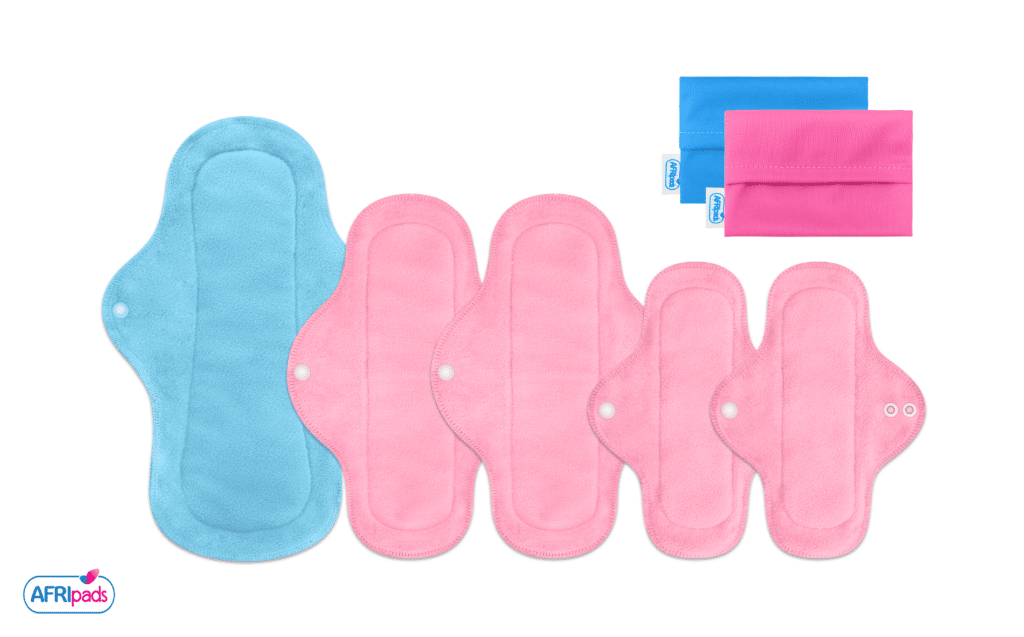
AFRIpads is grateful Lilly shared her story with us and we’re so proud to see her achievements! UNESCO[1] reports that, in Sub-Saharan Africa, one out of 10 girls miss school during their periods due to the lack of pads. And recognising that a lack of proper underwear can pose an additional challenge for these girls, AFRIpads provides not only reusable menstrual pads but also AFRIpads underwear.
Globally, AFRIpads aims to assist girls like Lilly in overcoming menstrual health barriers. Girls must have access to essential information, menstrual hygiene materials, and an enabling environment to fully enjoy their education and exercise their sexual and reproductive rights.
[1] Puberty, Education and Menstrual Hygiene Management, UNESCO, https://unesdoc.unesco.org/ark:/48223/pf0000226792.locale=en
